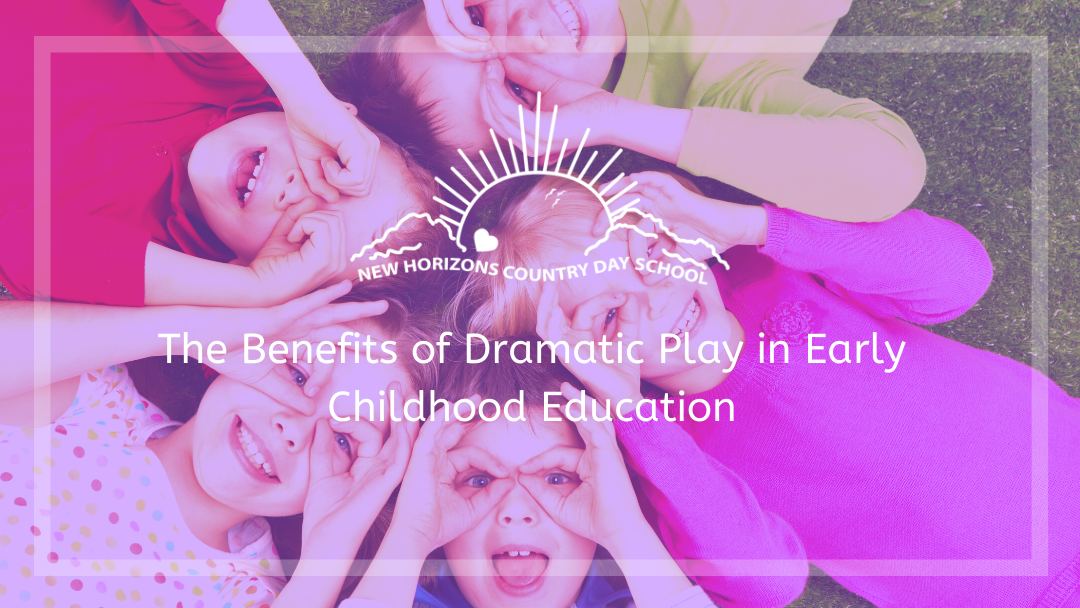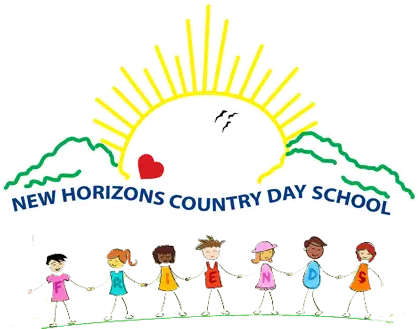
 An increasing amount of research continues to support play in early childhood development, and there are five primary forms or types of play in which children engage: locomotive, social, object, language and pretend play. Each type of play has its own benefits for the developing mind of a
An increasing amount of research continues to support play in early childhood development, and there are five primary forms or types of play in which children engage: locomotive, social, object, language and pretend play. Each type of play has its own benefits for the developing mind of a
young child, and while each is important, pretend play (otherwise known as imaginative or dramatic play) is becoming an increasingly popular component in toddler and preschool education.
Dramatic play is defined by experts as a type of play where children assign and accept roles and act them out. For example, child who pretends to feed and rock a doll to sleep is engaging in dramatic play, or a child who pretends to fix a leaky faucet in the play kitchen is engaging in dramatic play.
This is a time for a child to pretend to be someone or something else, and while pretending may just look like “playing”, it is integral to the developmental learning process. There are four primary areas under which children learn and develop through pretend play. They
include:
- Intellectual – increase in skills such as problem solving, negotiating, creativity, organizing and planning, retelling familiar stories, application of newly gained knowledge, and mathematics
- Physical – increase in skills such as gross and fin motor development, fitness, strength, and
coordination - Social – development of skills such as sharing, taking turns, cooperation, negotiation, impulse
control, delay gratification, and deal with disappointment - Emotional – increase in self esteem, pride and accomplishment, feeling of safety and protection,
development of sense of self and individuality, and feelings or purpose
Experts agree that dramatic play is an integral part of a well rounded preschool program as it is
healthy for early childhood development. Through dramatic play, children learn a myriad of skills.
In fact, the Association of Childhood Education International has stated that play is a natural part of
childhood development that cannot be replaced by adult interaction. This means that even adult
instruction cannot replace the valuable experience children gain through play, specifically dramatic
play. So, let the children pretend!
For further reading:
The Vital Role of Play in Early Childhood Education by Joan Almon
The Benefits of Dramatic Play by Ellana S. Yallow, Ph. D.
What is Dramatic Play and How Does it Support Literacy Development in Preschool? by Scholastic.com




